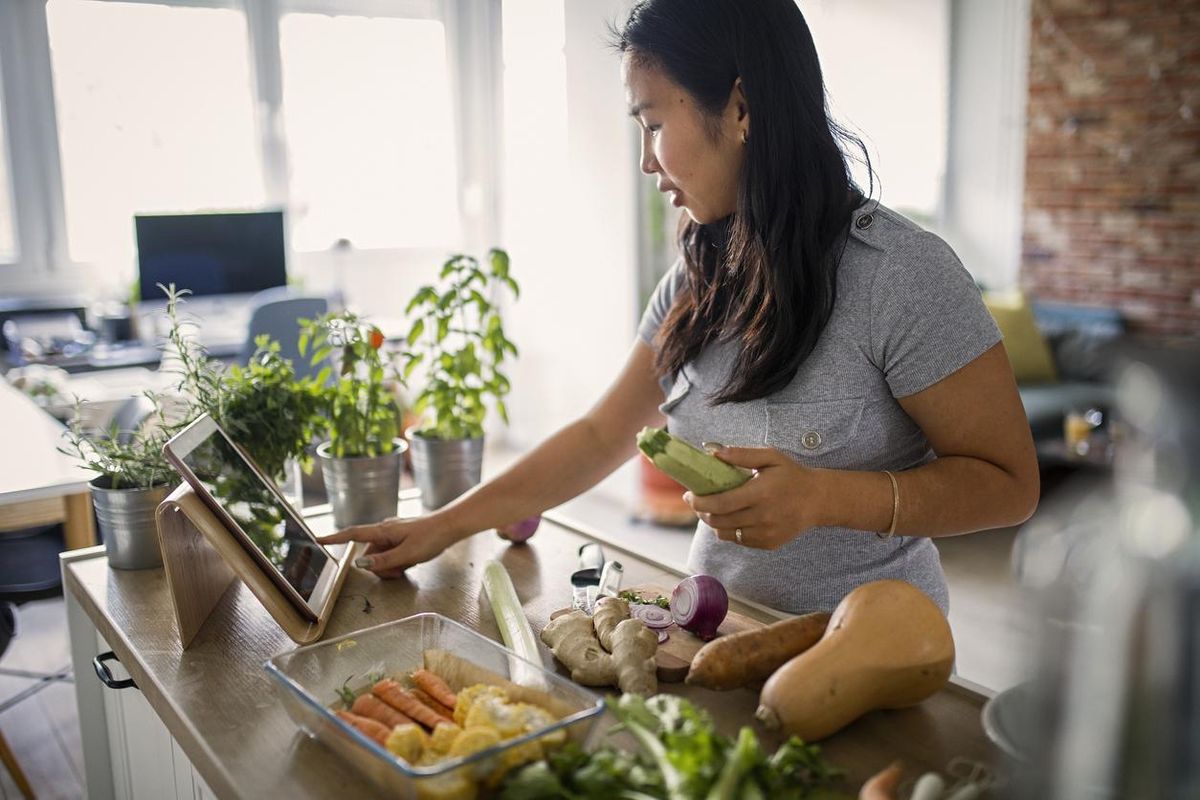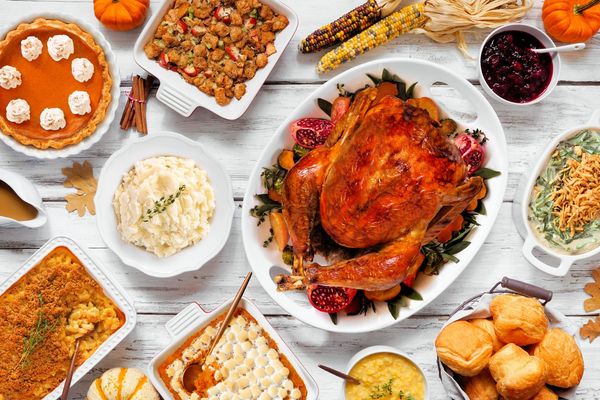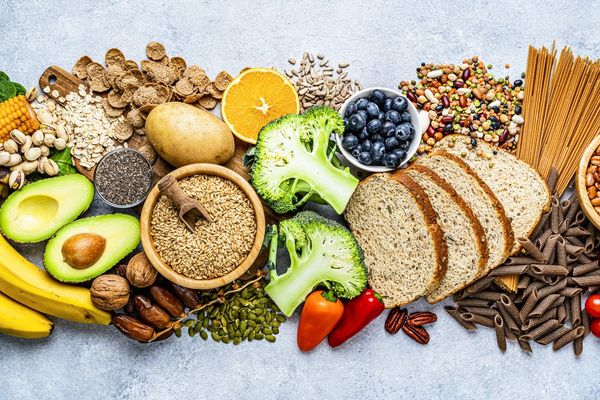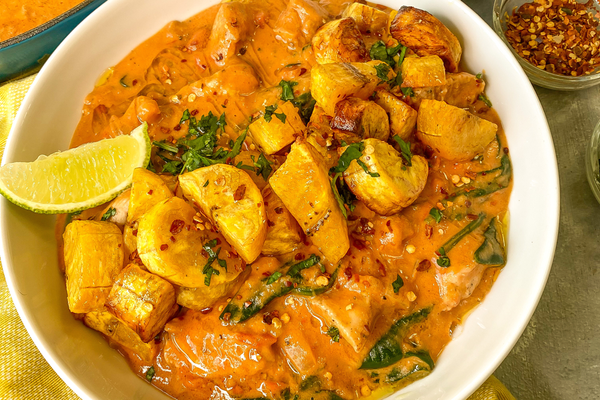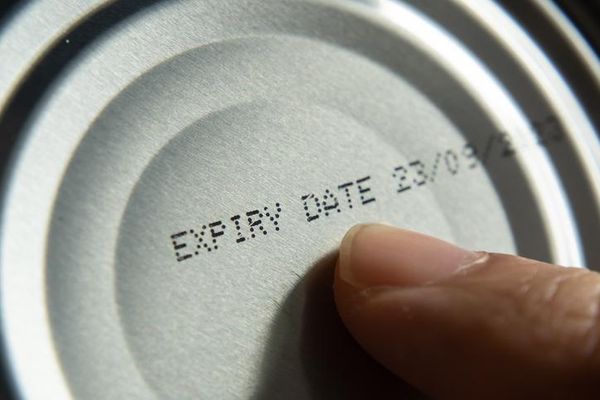Q:
I'm a vegan, and I sometimes feel like I might be lacking vitamins. What are some good food sources of protein and iron that I can add to my diet?
Vegans are vegetarians whose diets avoid all forms of animal products, including dairy and eggs. When planned properly, vegan diets can be delicious and nutritious, meeting all necessary nutrients requirements, and they may be even more healthful than those of omnivores. According to the American Dietetic Association's 2009 position statement, vegetarians are at lower risk of death from ischemic heart disease and have overall lower rates of high blood pressure and diabetes than omnivores.
Vegan diets have no cholesterol, which comes from animals, and are very low in saturated fat. That has a positive effect on lipid levels. However, because the vegan diet eliminates all meat and dairy, it can be deficient in some nutrients if care isn't taken to balance foods across the food groups. The nutrients most likely to be lacking are calcium, iron, zinc and vitamins D and B12.
There are a variety of vegetarian sources of calcium including tofu set with calcium, soybeans, tempeh and figs. Although many vegetables contain calcium, it is often unavailable to the body due to the presence of oxalate, which can bind calcium. Bok choy and collard and turnip greens are examples of low-oxalate vegetables that provide good sources of calcium in a 1 cup serving. In addition, vegans may consume calcium-fortified foods such as orange juice or soy milk to meet their calcium needs.
Although in theory vitamin D needs can be wholly derived from sun exposure, many people do not receive adequate sunlight throughout the year to produce sufficient vitamin D to meet the body's requirements. In addition, vitamin D is not readily available in the diet. Therefore, choosing fortified foods or taking vitamin D supplements may be necessary. Rice milk, ready-to-eat cereals, margarine and orange juice are fortified choices suitable for vegans.
Iron from meat, known as heme iron, is most easily absorbed, but it is still possible to obtain adequate iron from non-heme sources such as dried fruits, whole grains, soy products and enriched cereals. The phytic acid content of whole grains and legumes reduces the bioavailability of non-heme iron. To compensate for this lack, the Dietary Reference Intake (RDI) for iron is set 1.8 times higher for vegetarians. The key is to combine foods containing iron with a source of vitamin C. Vitamin C, or ascorbic acid, helps release iron bound with phytic acid, making it easier to absorb. The following foods are reliable sources of iron in the vegan diet:
• whole grains
• soy products
• fortified veggie "meat"
• pumpkin and squash seeds
• dried fruit
• baked potato with skin
Similarly to iron, zinc is bound to phytic acids in foods, which limits its absorption. The 2001 Food and Nutrition Board suggested that vegetarians consuming large amount of phytates from cereal grains and legumes may need up to 50 percent more than the RDI for zinc. The good news is that zinc is well distributed in typical vegan meal plans in such foods as legumes, soy, fortified cereals, nuts and seeds. The availability of zinc can be improved by soaking and sprouting grains and seeds.
Vitamin B12 occurs only in animal products, so it is necessary to eat either foods fortified with B12 or take a supplement. Soy milk, meat analogs, ready-to-eat cereals and nutritional yeast are fortified with B12.
Planning a healthful vegan diet doesn't have to be difficult. Many resources can help make meal planning easy. The American Vegan Society can get you started at www.americanvegan.org. You may also want to consult a registered dietitian who specializes in vegetarian meal planning.
- 9 Low Iron Symptoms: Could You Have an Iron Deficiency? ›
- Could You Have a B12 Deficiency? ›
- 10 Surprisingly High-Protein Foods You Should Try ›
- Vegan Diet ›
- Facts About Vitamin B12 - HealthyWomen ›

